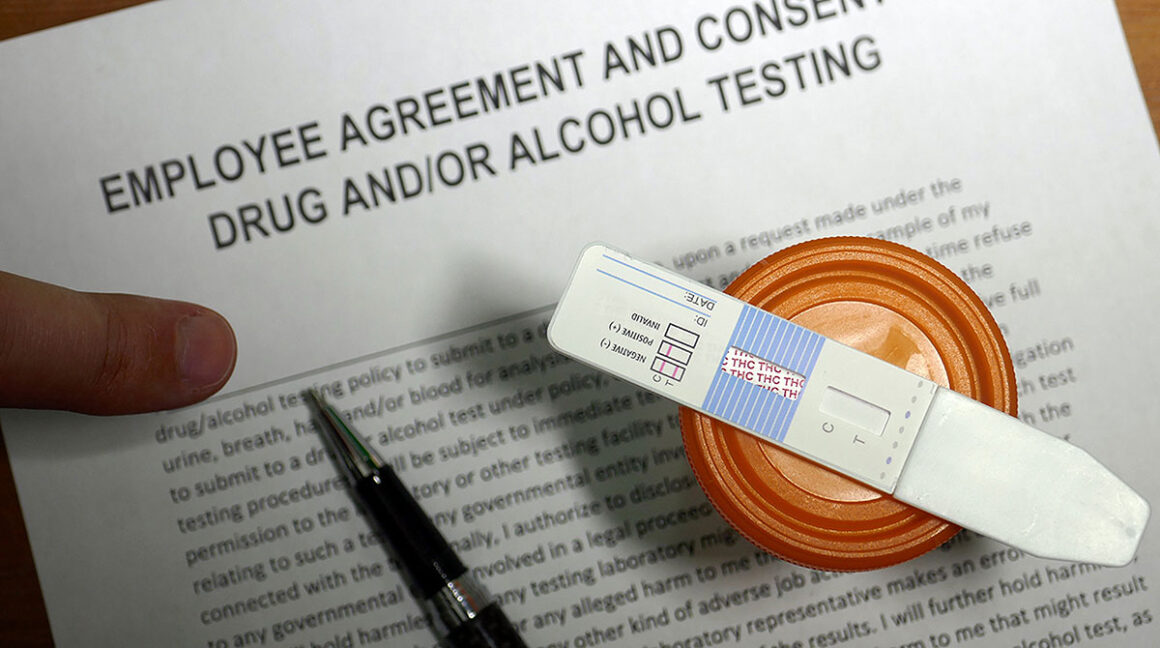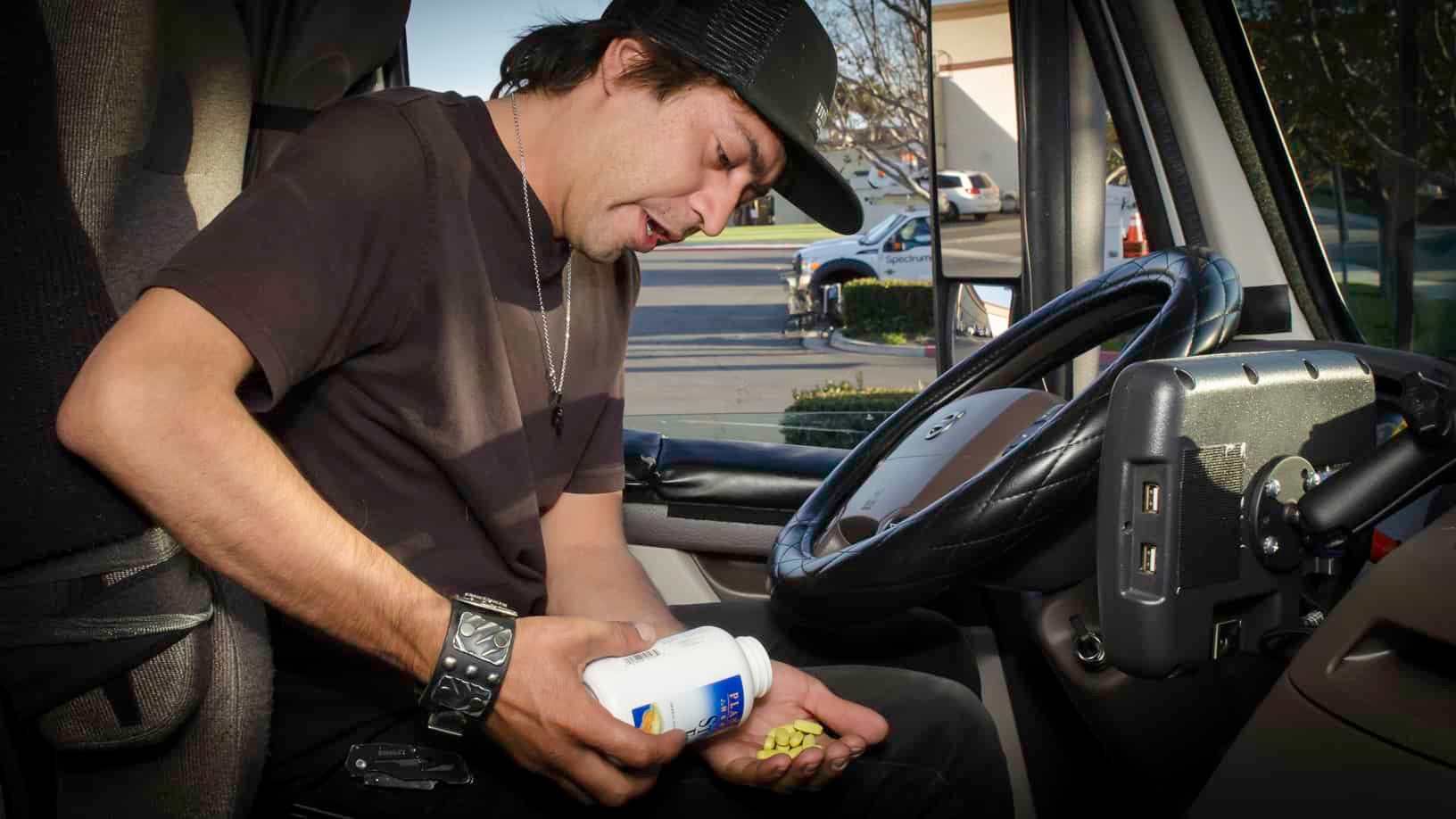Truck drivers are commonly drug tested during pre-employment screenings and at random intervals during their employment. Drug testing is a standard procedure in the trucking industry to ensure safety on the roads and compliance with regulations.
Truck drivers must be prepared to undergo drug testing at any time to maintain their jobs and licenses. In today’s fast-paced transportation sector, drug testing has become a crucial aspect of ensuring that truck drivers are fit to operate commercial vehicles.
With strict laws and regulations in place, companies regularly enforce drug testing policies to uphold safety standards and meet legal requirements. Understanding the importance of drug testing in the trucking industry is essential for drivers to maintain their professionalism and credibility on the road. By adhering to these regulations, drivers can contribute to a safer driving environment for everyone.
Navigate As You Want:
Reasons For Drug Testing
Truck drivers get drug tested for various reasons, primarily related to safety concerns and legal requirements. Safety concerns are a significant factor as drug use can impair a driver’s ability to operate their vehicle safely. Additionally, drug testing is also required by law to ensure that drivers are complying with regulations and are fit for duty. The legal requirements for drug testing may vary depending on the company, federal regulations, or state laws. It is essential for truck drivers to adhere to these regulations to maintain safety on the roads and comply with legal obligations.

Credit: nstschool.com
Pre-employment Testing
Truck drivers undergo drug testing during pre-employment screening. The application process includes drug testing. Employers schedule regular tests to ensure safety.
Random Testing
Truck drivers undergo random drug testing through a selection process. The tests are conducted at varied frequencies. These tests ensure safety on the roads.
Post-accident Testing
Truck drivers are subject to drug testing post-accident. The procedure entails analyzing the driver’s blood, urine, or breath for any illicit substances. The thresholds for drug concentration are outlined by the Department of Transportation. These tests are crucial for ensuring the safety of the driver and others on the road.
Reasonable Suspicion Testing
Truck drivers are subject to drug testing under different circumstances, one of which is reasonable suspicion testing. This type of testing is conducted when there are signs of impairment or when a supervisor suspects drug use. Signs of impairment can include bloodshot eyes, dilated pupils, slurred speech, unsteady movements, or unusual behavior. If a supervisor observes any of these signs or has received reports of erratic driving or safety concerns, they have a duty to conduct a drug test. Supervisors play a crucial role in ensuring the safety of the drivers and the public by recognizing and addressing potential drug use. By promptly identifying and reporting signs of impairment, supervisors can help maintain a drug-free work environment and ensure the well-being of truck drivers and others on the road.

Credit: www.tsrinjurylaw.com

Credit: www.freightwaves.com
Frequently Asked Questions On When Do Truck Drivers Get Drug Tested
When Do Truck Drivers Get Drug Tested?
Truck drivers get drug tested at various stages, including pre-employment, post-accident, randomly, and if there is reasonable suspicion of drug use. Additionally, drug testing is conducted as part of regular physical exams and DOT mandated annual tests to ensure driver safety and compliance with federal regulations.
How Often Are Truck Drivers Drug Tested?
Truck drivers are subject to regular drug testing as mandated by the Department of Transportation (DOT). These tests can occur randomly throughout the year, as well as during pre-employment, post-accident, and reasonable suspicion situations. The frequency of testing may vary, but it is crucial for maintaining a safe and drug-free driving environment.
What Drugs Are Truck Drivers Tested For?
Truck drivers are typically tested for a variety of drugs, including marijuana, cocaine, amphetamines, opiates, and phencyclidine (PCP). These tests aim to detect the presence of both illicit substances and certain prescription medications that may impair a driver’s ability to operate a commercial vehicle safely.
Compliance with DOT guidelines is essential to ensure a drug-free transportation industry.
Conclusion
In sum, drug testing for truck drivers is a critical safety measure. Ensuring drivers are drug-free protects everyone on the road. Understanding the frequency and circumstances of drug testing can help drivers remain compliant and prepared. By staying informed and adhering to regulations, truck drivers can maintain their safety record and keep roads secure for all.




